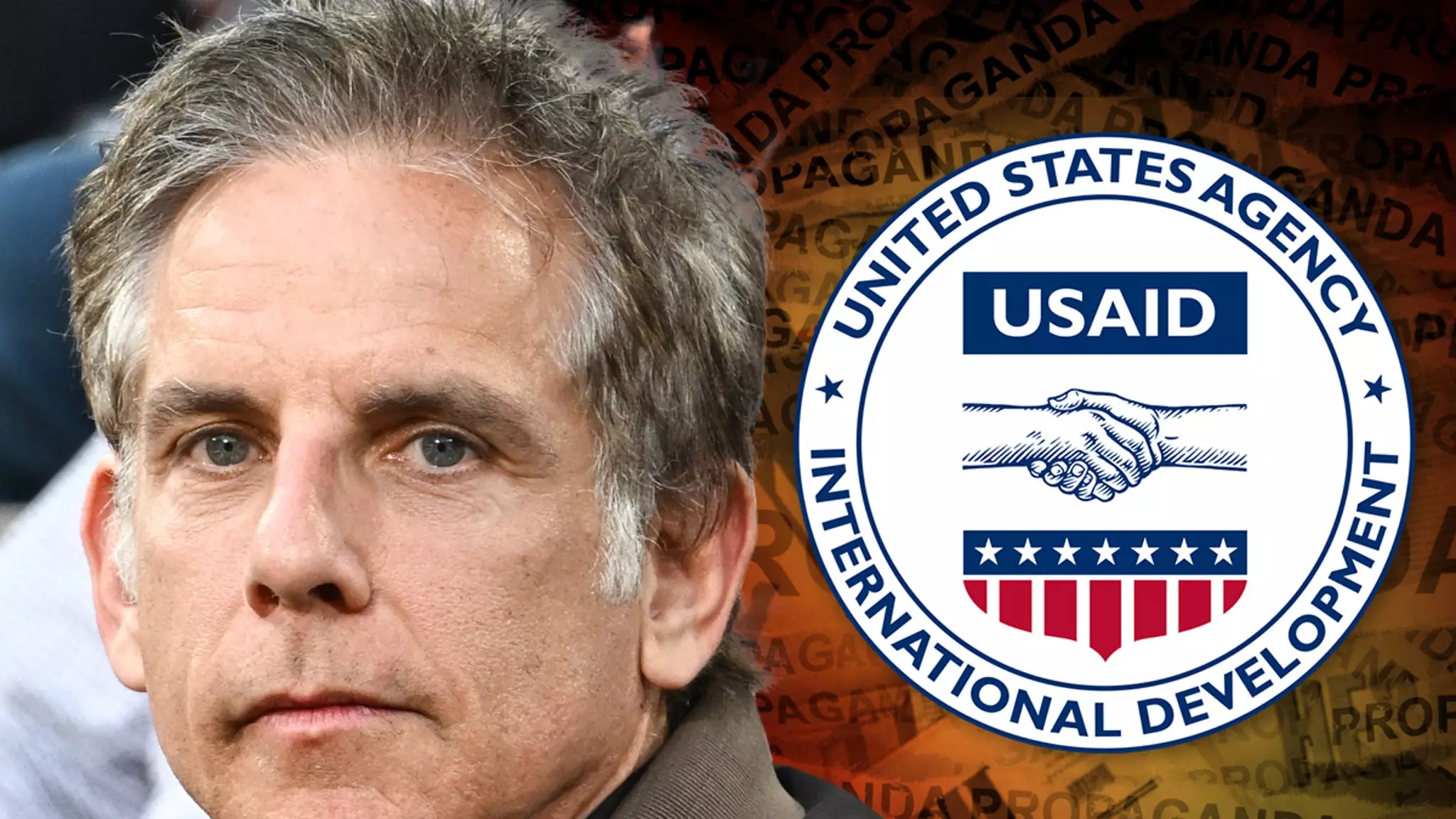In a digital age where misinformation spreads like wildfire, the reputation of public figures can be easily tarnished by false narratives. Such is the case with actor and humanitarian Ben Stiller, who recently found himself at the center of a controversy regarding his humanitarian trip to Ukraine. A viral video, disseminated by Elon Musk through social media, falsely claimed that Stiller and several high-profile celebrities were funded by USAID for their visits to the war-torn country. However, Stiller emphatically denied these allegations, asserting that he had self-funded his trip. This incident serves as a glaring reminder of how easily misinformation can proliferate and the vital importance of addressing it.
The Impact of Celebrity Activism
Stiller’s visit to Ukraine was not merely a leisurely excursion. It occurred in the wake of Russia’s invasion in 2022, a time of immense hardship for the Ukrainian people. During his trip, he met with Ukrainian President Volodymyr Zelensky, whom he later hailed as a “hero.” Stiller utilized his platform to amplify a message of solidarity and support for those suffering from the conflict, recording a poignant video message for World Refugee Day. This act underscores a growing trend among celebrities to engage with global humanitarian crises, positioning themselves as advocates for change and awareness.
The mechanism behind the spread of the false USAID narrative highlights troubling aspects of how information can be manipulated online. The purported video gained traction, bolstered by retweets from influential figures, including Donald Trump Jr. and Scott Baio, demonstrating how even misleading content can gain legitimacy through association with recognizable names. Stiller’s insistence that the assumptions drawn from such fake content are “lies coming from Russian media” demonstrates the dangers of consuming and sharing unverified information, especially in politically charged contexts.
In his clarified statements, Stiller has not only defended his integrity but also emphasized the importance of transparency in humanitarian efforts. By self-funding his trip, he aimed to serve the people of Ukraine authentically, distanced from any political affiliations or financial motives. His proactive approach to addressing disinformation serves as a call to vigilance for the public—highlighting the notion that celebrity involvement in humanitarian work should be viewed through a lens of skepticism regarding the narratives that emerge around it.
The Need for Constructive Discourse
As Stiller continues to clarify the situation and refute the misinformation surrounding his trip, this incident highlights a broader need for constructive discourse in the realms of celebrity activism and humanitarian efforts. Social media platforms must take responsibility for the content they host, ensuring it does not perpetuate lies that can damage reputations and discredit genuine humanitarian work. Furthermore, the public must cultivate critical thinking skills to navigate the complexities of information consumption in this digital landscape.
Ben Stiller’s commitment to humanitarian causes remains steadfast amid the chaos of misinformation. His experience serves as a crucial lesson in the significance of integrity and truth in the age of social media.

